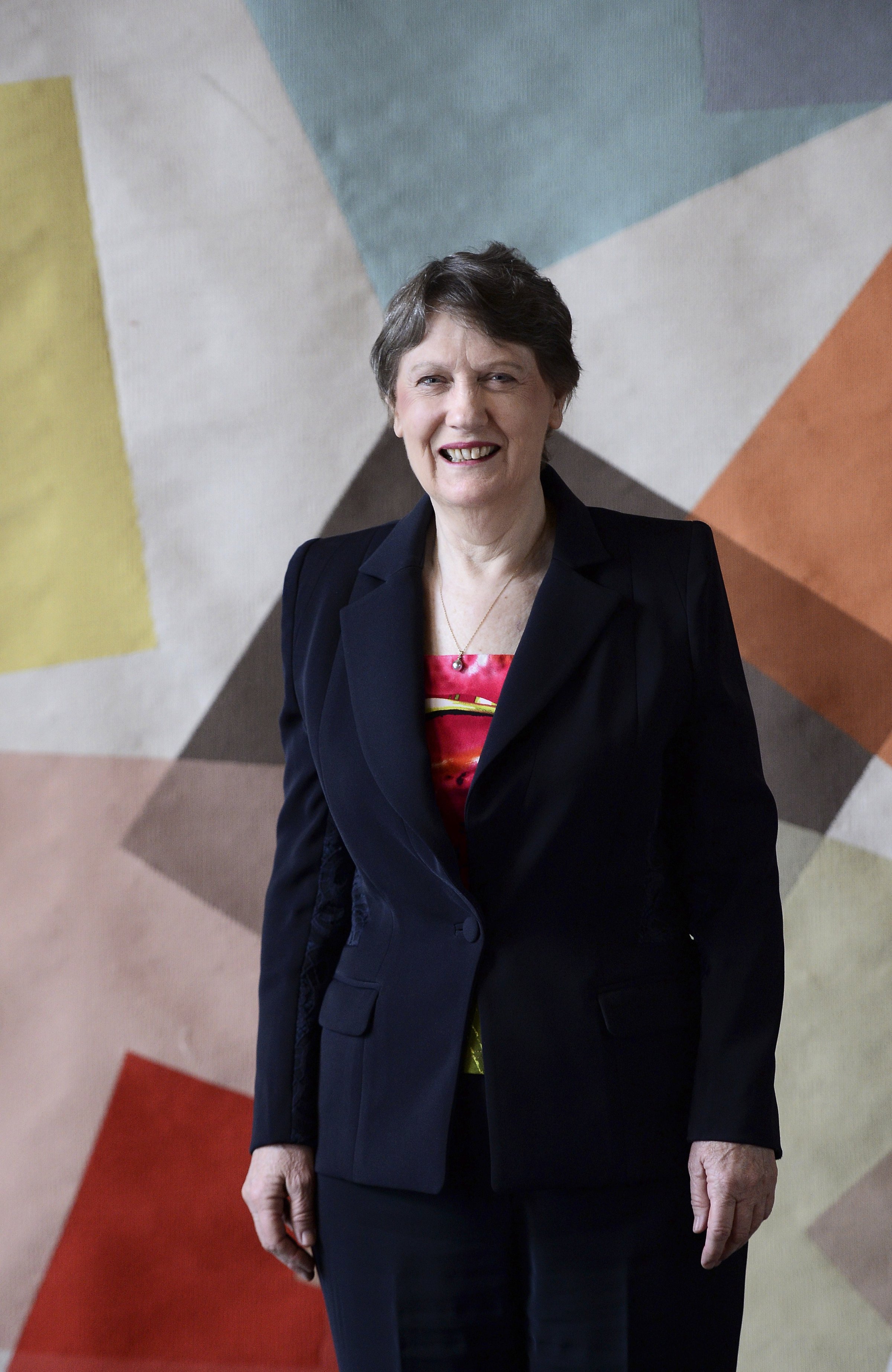
The historic COP21 climate conference in Paris, is an opportunity to reach a global agreement and confront a challenge which threatens us all. Climate change experts and policymakers from more than 190 countries will convene to agree on a distinct set of positive, measurable, climate change outcomes, such as cutting the use of fossil fuels in order to reduce greenhouse gas emissions.
We are faced with nothing less than the responsibility to secure a healthier planet for generations to come. Any strategy must put women at the front and center of the new climate change agenda. While there is an undeniable link between climate change and human health, past efforts to address climate change have often overlooked how it disproportionately affects women, and how women can play full roles in finding and implementing solutions.
Take agriculture in a number of developing countries; for example, where damaging effects of climate change on livestock, crop production and water supplies place an enormous burden on poor women who often are responsible for sowing crops and collecting water. Not only are women in poor communities more affected by the depletion of local natural resources, but also climate change increases the likelihood of weather-related natural disasters, adding further strain. During floods we have seen increased health risks associated with pregnancy and childbirth, in addition to gynecological problems related to use of unclean water. During droughts, women must travel further distances to collect water, increasing their risk of suffering sexual violence.
Climate change could also lead to an increase in the likelihood of child marriage. For example, in anticipation of losing their homes to river erosion, or without reliable food supplies due to flooding, families may be prompted to marry off their young daughters. Child marriage has severe consequences for health and for loss of opportunities for education, and it increases the probability of a life of poverty.
These are just a few examples of how climate disasters could impact on sexual and reproductive health and rights which are so vital to women’s autonomy and empowerment. When these rights are not protected, too many women and girls enter a spiral of early marriage and early pregnancy, adding to the work women disproportionately take on in caring for the household and being responsible for family care, including for the provision of food, water, and fuel.
Seeing climate change through the prism of gender and human health demonstrates the importance of taking an integrated approach to development. At UNDP, we have seen time and again that the best investments address several problems simultaneously. For example, a UNDP partnership with the Global Environment Facility and Barefoot College of India resulted in an initiative to train low-income women to install and maintain solar panels. This partnership is a quadruple win: solar panels mean clean energy which mitigates climate change; the women installing the solar panels earn an income, giving them economic independence; the availability of electricity in the home or village means that women do not have to walk far to get firewood. And, having energy close to home is good for general health, hygiene, and social development.
Engaging women’s leadership at the community level must be a key element of any successful strategy to combat climate change. In many countries, women are the first line of defense against the effects of climate change. Including their knowledge, experience, and input will make natural resource management and efforts to reduce climate change more successful.
In the end, what is good for women is good for us all. Gender must be part of all discussions on climate change policy. Women’s empowerment – and women’s leadership – contributes directly to building resilient communities, which in turn strengthens our ability as a planet to resist some of the worst effects of climate change.
The Right Honorable Helen Clark is the head the United Nations Development Programme, where she has served since 2009. She is also a member of the Aspen Institute’s Global Leaders Council for Reproductive Health, a group of high-level champions committed to raising awareness of the centrality of sexual and reproductive health and rights to accomplishing broader sustainable development goals.
More Must-Reads from TIME
- Donald Trump Is TIME's 2024 Person of the Year
- Why We Chose Trump as Person of the Year
- Is Intermittent Fasting Good or Bad for You?
- The 100 Must-Read Books of 2024
- The 20 Best Christmas TV Episodes
- Column: If Optimism Feels Ridiculous Now, Try Hope
- The Future of Climate Action Is Trade Policy
- Merle Bombardieri Is Helping People Make the Baby Decision
Contact us at letters@time.com